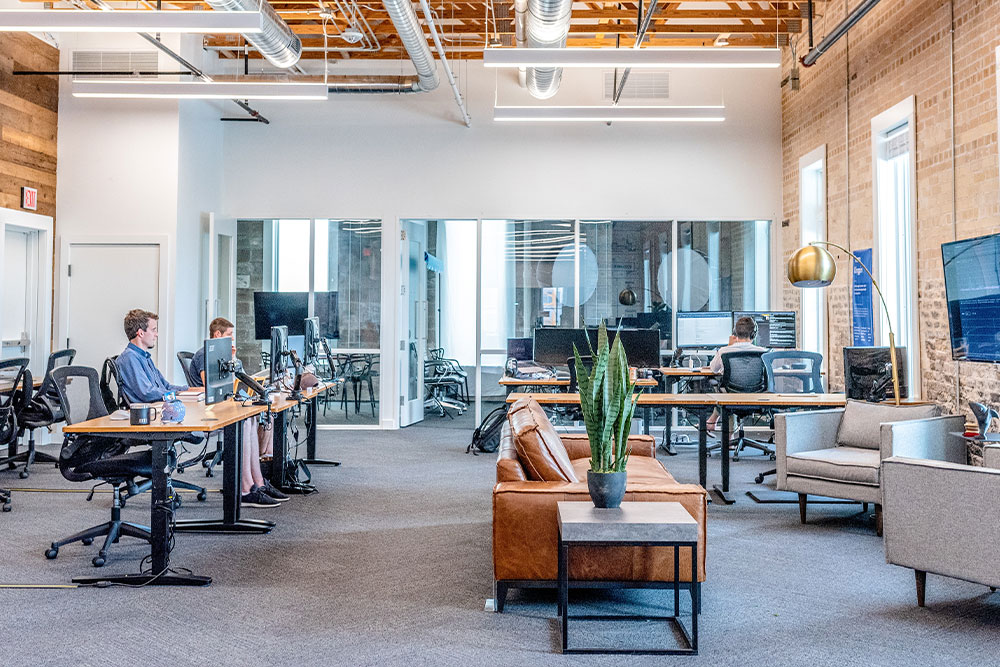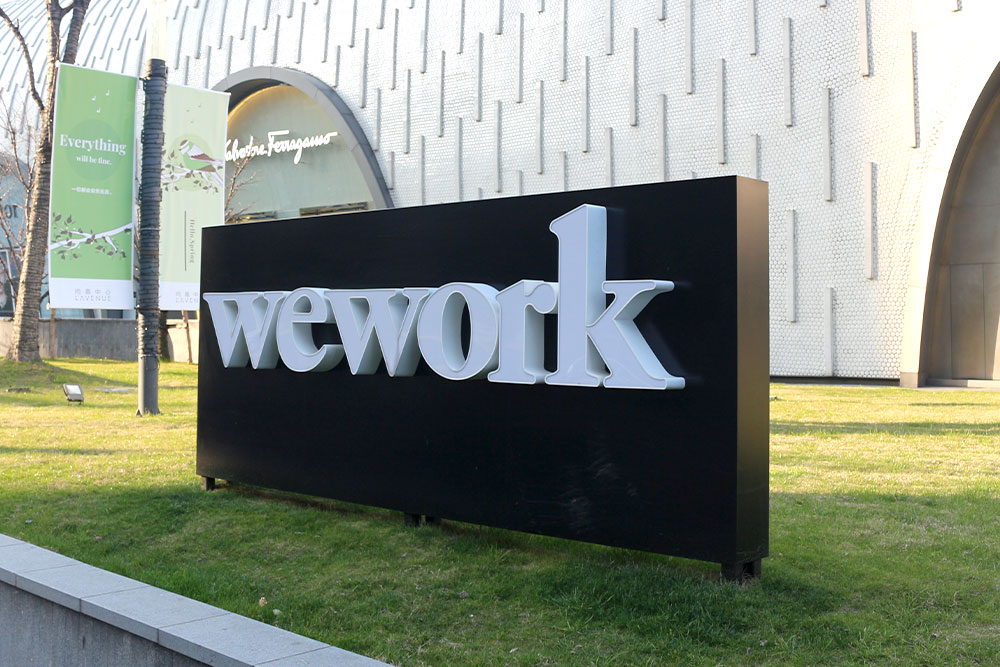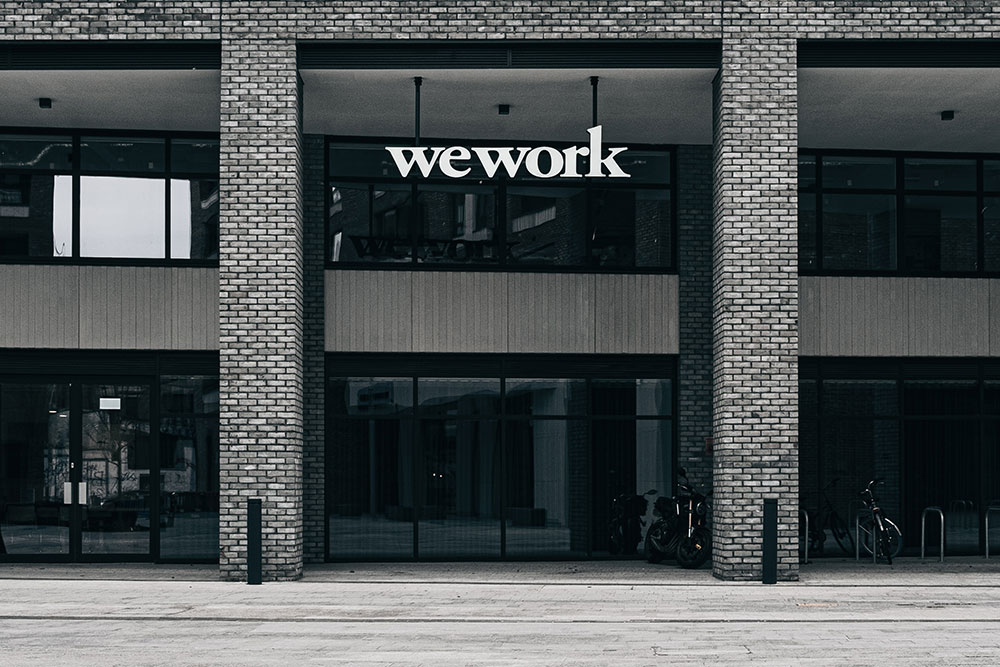South Florida real estate leaders are seeing some advantages to the current recession, calling it a required reset to predict better pricing, level the supply chain, and filter the marketplace between the haves and the have-nots.
Rishi Kapoor, CEO of real estate development and investment firm Location Ventures in Coral Gables, believes the recession will bring prices to a more steady level and believes recessionary conditions will be rather mild.
“What we are seeing is that if there is any continuing ray of light that is most certainly South Florida currently, and that’s because there’s still a drive for relocations being a strong draw for people that haven’t moved over the last 18 to 24 months and are now making that consideration,” he said.
Kapoor says it’s a healthy pause for the market and will allow buyers to build confidence in the long-term outcome and also help map the development process from beginning to end, instead of the fluctuations seen in the last year.
“We’ve had an influx of worldwide capital from places that are relatively more expensive than South Florida, and now coming to Florida, they look at it as buying at a discount. There’s a huge disconnect between those buyers and many people that are considered locals where there have been massive pricing increases in certain markets over the past two years,” said Kapoor. “That, everybody knew was not sustainable, and ultimately that in some way or another was going to arrive with some type of cooling. It’ll give everybody a patching up, and enter into a buying point in the market that they might not have reached had the pricing trajectory continued.”
Daniel Gielchinsky, a litigation attorney and founding partner of DGIM Law in Aventura, says although there are still deals happening, developers with little experience are starting to be filtered out of the market, which is making a stronger market with established players. Those who wanted a big profit without the expertise were putting buyers and the supply chain at risk, he says.
“The smaller developers don’t really think about inventory in the long run. They’re just thinking about the next job, the job that’s immediately underneath them, or the next job they’re bidding on,” said Gielchinsky. “If they don’t have liquidity to be able to survive a recession, they’re stepping out into the sidelines and just sort of waiting things out.”
There’s also an increase in the number of smaller developers selling their deals to larger developers as they can’t keep up with payments, according to Gielchinsky.
“The bigger developers are still cognizant of the need to have inventory so there’s still acquisitions and still sales going on. Properties are still trading hands, but the view is for the long-term forecast of having inventory to be able to redevelop, or develop if it’s raw land,” said Gielchinsky. “There are still renovations-type buildings changing hands, like multifamily buildings. We’re still seeing activity in the student market. Student housing remains an attractive component of the real estate market.”
Gielchinsky says last year, some sellers wanted to take advantage of a rising market and back out of contracts and sell to another buyer.
“Now, it’s the other way around. Now we’re seeing buyers who weren’t careful about documenting their due diligence periods on the different periods where the deposits go hard are finding themselves caught where they got a deposit down, but they don’t have the ability to go through with the deal or don’t think the economics are going to be there anymore,” said Gielchinsky. “They’re finding ways to renegotiate their deal and save some on the deposit and sometimes litigation is a method of negotiating those deals.”
There Are Still Some Challenges
Although there are some benefits to a recession in the real estate market, there are still some challenges. There’s a slow uptick in bankruptcies in South Florida.
“Real estate-centric deals are going into bankruptcy as a way of liquidating the asset in an orderly fashion, allowing the developer to exit the deal, pay off as much debt as they can, and then sell the property or development to someone who has more financial stability, and the ability to hold the deal for several years until the market comes back,” Gielchinsky said.
Pricing has been adjusted in response to the availability of financing.
“Credit has tightened. It’s a little harder to get financing, and we’re definitely seeing deals where a buyer had to pull out of their financing contingency because they couldn’t get their financing in place,” said Gielchinksy.
It’s important for attorneys who represent developers to calendar everything, adds Gielchinsky.
“There are always deadlines in these contracts for when deposits are going to go hard, and make sure you stick to your time frames and don’t miss any time frames. If your client ends up wanting to exit a deal or get some refund of a deposit, you need to know those dates,” said Gielchinsky. “You can’t rely on the brokers or the clients to have those dates deadlined. You need to know them and remind your client.”
Long-term, Kapoor believes that South Florida needs to solve its zoning crisis.
“If in the areas that were meant to have high density, like the urban cores of South Florida, permits were issued faster, projects were breaking ground quicker, we could react to market demands sooner to address the problems of higher rent growth and price appreciation compared to the amount of people that are relocating,” said Kapoor. “I think you would see an ability to address the housing crisis faster.”
Gielchinsky is hopeful it won’t take long for smaller developers to get back into deals.
“There has been a lot of demand that’s been driven by new people moving down here, a lot of people having liquidity events and wanting to be in Florida for those tax and liquidity events,” said Gielchinsky. “Hopefully it doesn’t last long, but I wouldn’t be surprised to see two to three years for things to turn around.”








